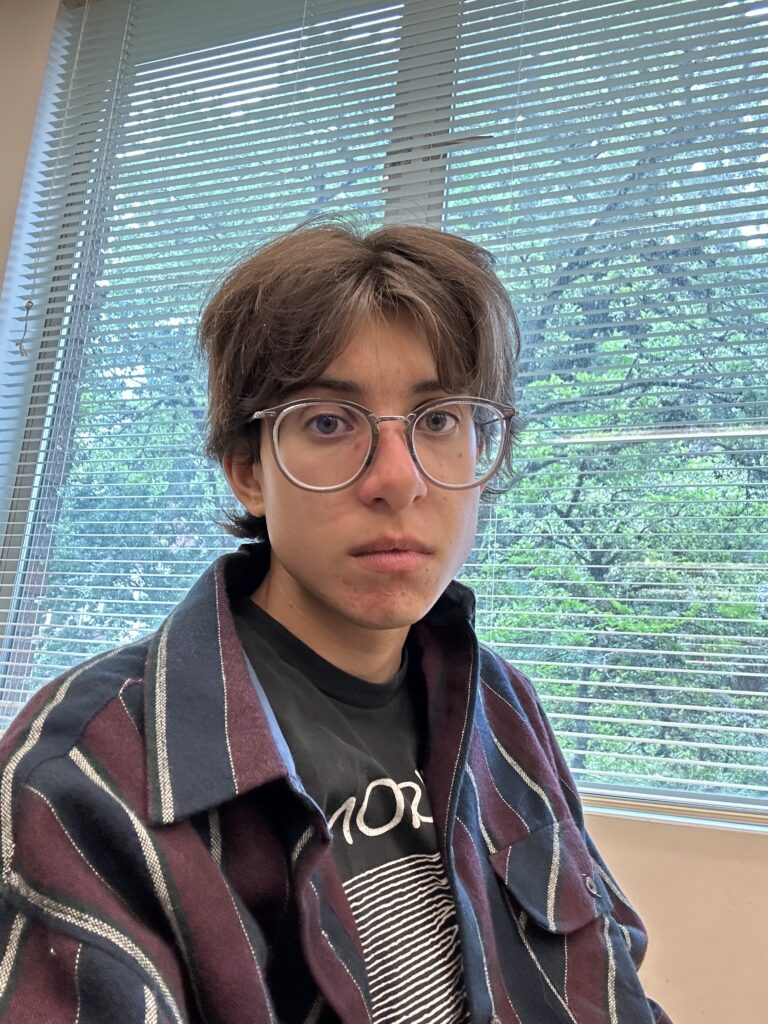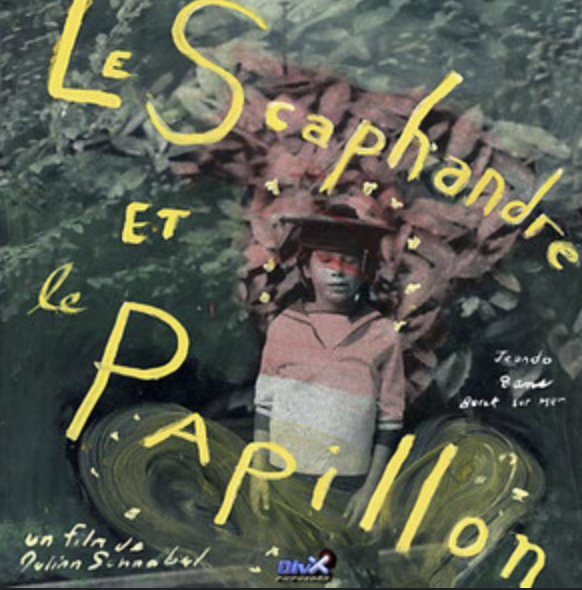
Today we’re chatting with Vincent, our French tutor, as well as the HA for French House II (Farm House). We talked about French programming at Reed and how Vincent is preparing for his semester abroad in Paris this spring!
Leilani: First, could you tell me about your background and how long you’ve been speaking French?
Vincent: Yeah! I first started taking French classes in high school, and then I placed into second-year level French when I came to Reed. I lived in the French House last year, and I’m living in Farm House this year. So those are the French experiences I’ve had here.
L: What has your experience been like as a French tutor?
V: It’s been pretty interesting to get a sense of how other people learn a language in ways that are different from what I’m more used to. And I think that’s a way of helping me to understand the language better and get more practice with it by working with other people.
Continue reading “Getting excited for study abroad with Vincent!”


